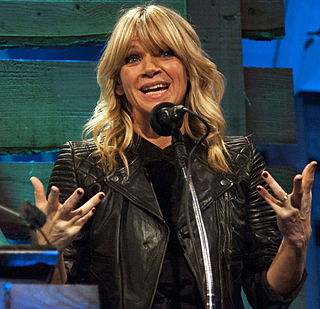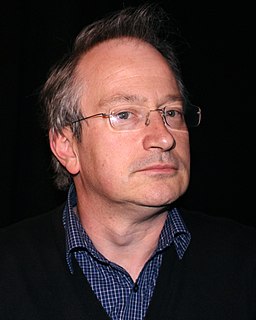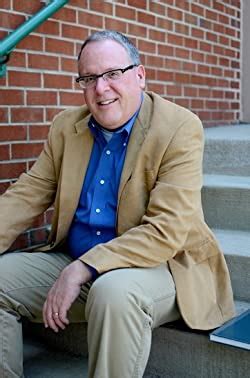A Quote by Rene Descartes
I can doubt everything, except one thing, and that is the very fact that I doubt. Simply put - I think, therefore I am
Related Quotes
There are many different kinds of doubt. When we doubt the future, we call it worry. When doubt other people we call is suspicion. When we doubt ourselves we call it inferiority. When we doubt God we call it unbelief. When we doubt what we hear on television we call it intelligence! When we doubt everything we call it cynicism or skepticism.
One does not learn anything except by believing something, and -- conversely -- if one doubts everything one learns nothing. On the other hand, believing everything uncritically is the road to disaster. The faculty of doubt is essential. But as I have argued, rational doubt always rests on faith and not vice versa. The relationship between the two cannot be reversed.
As soon as we ask what faith is and what sort of mistreatment of faith causes doubt, we are led to the first major misconception about doubt-the idea that doubt is always wrong because it is the opposite of faith and the same thing as unbelief. What this error leads to is a view of faith that is unrealistic and a view of doubt that is unfair.
Doubt is a profound and effective spiritual motivation. Without doubt, no truism is transcended, no new knowledge found, no expansion of the imagination possible. Doubt is unsettling to the ego and those who are drawn to ideologies that promise the dispelling of doubt by preferring certainties never grow.
Doubt is most often the source of our powerlessness. To doubt is to be faithless, to be without hope or belief. When we doubt, our self-talk sounds like this: 'I don't think I can. I don't think I will.'... To doubt is to have faith in the worst possible outcome. It is to believe in the perverseness of the universe, that even if I do well, something I don't know about will get in the way, sabotage me, or get me in the end.
Take faith, for example. For many people in our world, the opposite of faith is doubt. The goal, then, within this understanding, is to eliminate doubt. But faith and doubt aren't opposites. Doubt is often a sign that your faith has a pulse, that it's alive and well and exploring and searching. Faith and doubt aren't opposites, they are, it turns out, excellent dance partners.






































